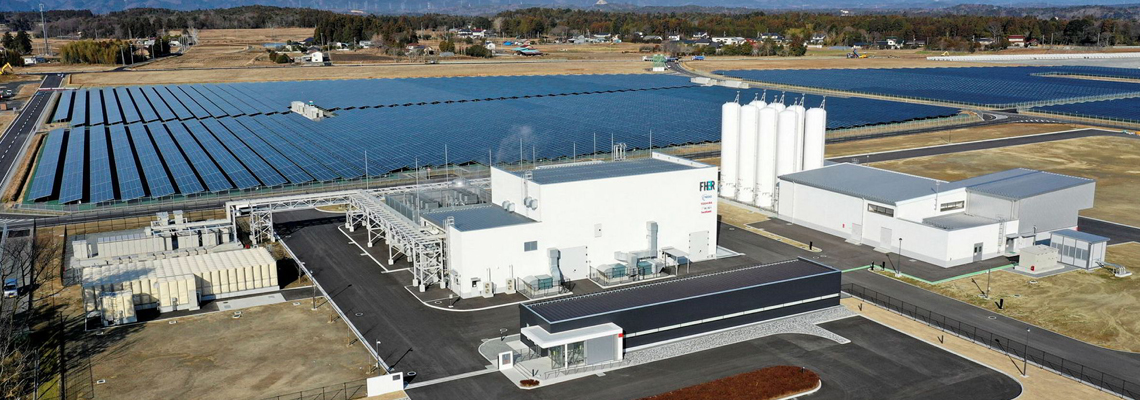
Governments, businesses and consumers continue to align on the need to decarbonise the economy and reduce human impact on the environment. For those with a vision to use clean energy, hydrogen is attractive as it provides a method of storing, distributing and using renewable energy. Producing low or zero-emission is crucial for hydrogen to be adopted as a clean energy option of the future.
Support for hydrogen is growing, and the industry is gaining momentum. For those businesses looking to adopt hydrogen, understanding the benefits of hydrogen versus other energy carriers and fuels is complex. The hydrogen economy could have a multi-sector impact.
At RAYGAS, we focus on recommending the best solutions for both the location, sector, situation and client we are working alongside. It’s important to assess the entire lifecycle of a product to understand its impact on the environment, and we can help to assess the capital and operating costs of the technologies.
For example, it might be more effective to use battery electric vehicles in one country and hydrogen fuel cell vehicles in another. Our independent experts are equipped to assess the environmental and commercial impact of hydrogen-based decision-making throughout the product’s lifecycle. We can advise on transport, production and distribution and energy and industrial uses. Our team of consultants act as trusted advisors to our clients across markets. We provide help for clients to advise on the adoption and use of hydrogen.
Green Hydrogen has the potential to play a role as a clean, secure and affordable energy vector of the future and could help to decarbonise a number of sectors. Green hydrogen is produced when an electrolyser is used to split water into hydrogen and oxygen. If the electrolyser is powered by a renewable source, such as solar or wind, the resulting hydrogen is green and the only by-product is oxygen.